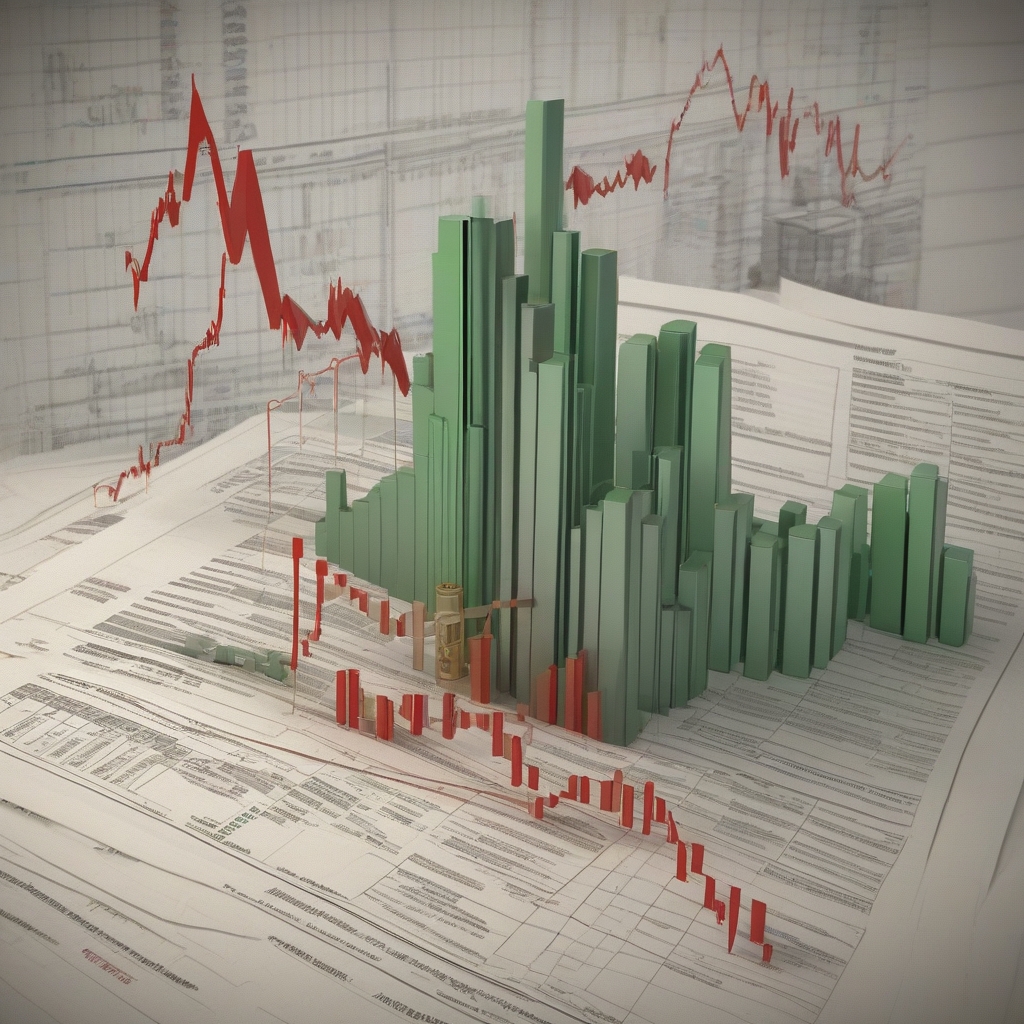/ Aug 16, 2025
Trending
LARealEstateBrief 2024.

html
The financial world is abuzz with the recent downward trend observed in the S&P 500 Index, coinciding with escalating mortgage rates. This dynamic duo of financial factors is shaping the economic landscape, invoking concerns among investors, homeowners, and financial institutions alike. In this article, we’ll delve into how the decline in the S&P 500 and the uptick in mortgage rates are influencing each other and impacting the market.
As a vital measure of the health of the global economy, the S&P 500 Index serves as a barometer for investor sentiment and economic performance in the United States. The index, which encompasses 500 of the largest publicly traded companies in the U.S., has recently experienced a significant downturn. This decline can be attributed to an amalgamation of factors, including volatile global economic conditions, geopolitical tensions, and sluggish corporate earnings.
Investors are responding to a perceived increase in risk by reallocating their portfolios, often opting for safer asset classes like bonds. Consequently, this behavior exerts additional pressure on the stock market, pushing the S&P 500 downward.
At the same time, mortgage rates have been climbing, presenting both challenges and opportunities. Higher mortgage rates typically lead to increased borrowing costs, which affect the housing market. Potential homeowners face higher monthly payments, making it difficult for them to secure financing for new homes.
While higher mortgage rates can deter potential buyers, they can also signify a stronger economy as they suggest confidence in future growth, presenting a paradoxical scenario for market observers.
The concurrent decline in the S&P 500 and rise in mortgage rates reflect a complex interplay of economic forces. When the stock market faces a downturn, consumers may become more cautious, influencing spending and investment decisions, which can further impact economic growth.
The housing market is another critical component affected by these trends. Higher borrowing costs could lead to slower home sales, potentially affecting sectors dependent on housing market activity. This relationship emphasizes the interconnectedness of financial markets and the economy as a whole.
Amidst these market shifts, technology companies like Symbotic are pioneering innovations that could stabilize and revolutionize finance. Symbotic’s automated systems and technological advancements contribute to enhanced operational efficiency for financial firms, thus playing a role in how these market trends are managed.
Through such innovations, technological firms are emerging as key players in reshaping how financial markets respond to challenges, blending the idea of financial stability with technological innovation.
Looking forward, the effects of a declining S&P 500 and rising mortgage rates will hinge on several factors, such as economic policy decisions, geopolitical developments, and consumer confidence. The trajectory of these indicators will dictate strategies for investors, homeowners, and policymakers alike.
While challenges loom large, opportunities for savvy investors and innovative companies could emerge, fostering a new era of financial resilience and growth.
In conclusion, as the market continues to adapt to these dynamic forces, staying informed and agile will be critical for anyone looking to thrive in today’s fast-paced financial environment.
The ever-evolving dance between financial instability and technological innovation, aptly visualized in digital illustrations that blend both worlds, underscores the importance of understanding and leveraging these trends for future success.
Get the latest LA real estate news, market trends, and expert tips. Subscribe for weekly updates to stay informed and ahead in the LA property market.
Copyright LARealEstateBrief. 2024. DRE license #02134518